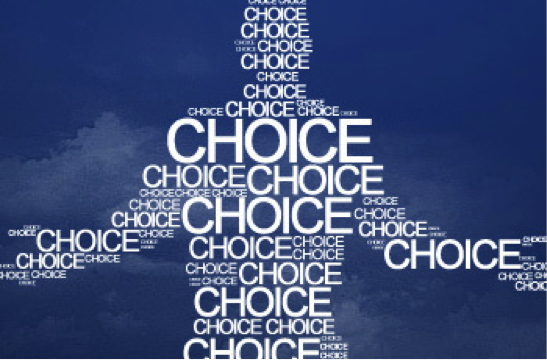
Researchers have claimed we get a dopamine rush whenever we capture a Pokemon creature or receive favourable news in an email message or see our name mentioned in a Facebook or Twitter post.
This carrot and stick approach motivates us to enter deeper into the technology trap until we become helplessly addicted to the highs we get. But a shot of the “feel-good” hormone called dopamine is a poor exchange for the time and productivity that we sacrifice in order to get it.
Take the latest fad or phenomenon (depending on how it turns out) of the augmented virtual reality game called Pokemon Go. In its defence, I will admit that it at least it gets people active – although reports of walking along subway tracks and playing the game while riding a bicycle are not exactly safe exercises. Walking through the city, cemeteries, and museums and even off-limits military bases catching virtual creatures might be a lot of fun. But it’s the degree to which we are drawn into these fantasies that concern me. Pokemon Go was launched on July 6, 2016, and one week later had about 21 million users.
Did all these people, who already were spending more time on this game (about 33 minutes a day) than they spend on Facebook (about 25 minutes a day) really make a conscious decision to get involved? Or were they so conditioned by the lure of technology that it was an automatic response?
In the July 18, 2016 issue of Toronto Star, the game developer CEO was quoted as saying, “The game itself is intended to facilitate the real-life stuff.” I’m not sure what’s wrong with the real life stuff as it is; but much of it is being ignored in the process. Who is looking after the store, the schoolwork or the family? Games make real life easier, but not better.
According to a list of facts gleaned from the Internet, 6 of 7 billion people have a mobile device, 4.5 billion have a toilet, and 4.2 billion have a toothbrush. Perhaps we should spend less time playing Pokemon Go and more time making toilets and toothbrushes.
Whether it’s email, instant messaging, Facebook or Pokemon Go, I reiterate what I said in a previous blog, “Everything in moderation.”
We should spend more time honing our willpower and self-control so we can spend less time on virtual reality. What we think about and focus on is what we become. It’s easier to dunk a donut into a cup of coffee in the morning than to cook oatmeal; but it’s not better for you.
Effective time management has been defined as making good choices. Are you choosing wisely?
Next blog article: Who is calling the shots, you or your computer?


Recent Comments